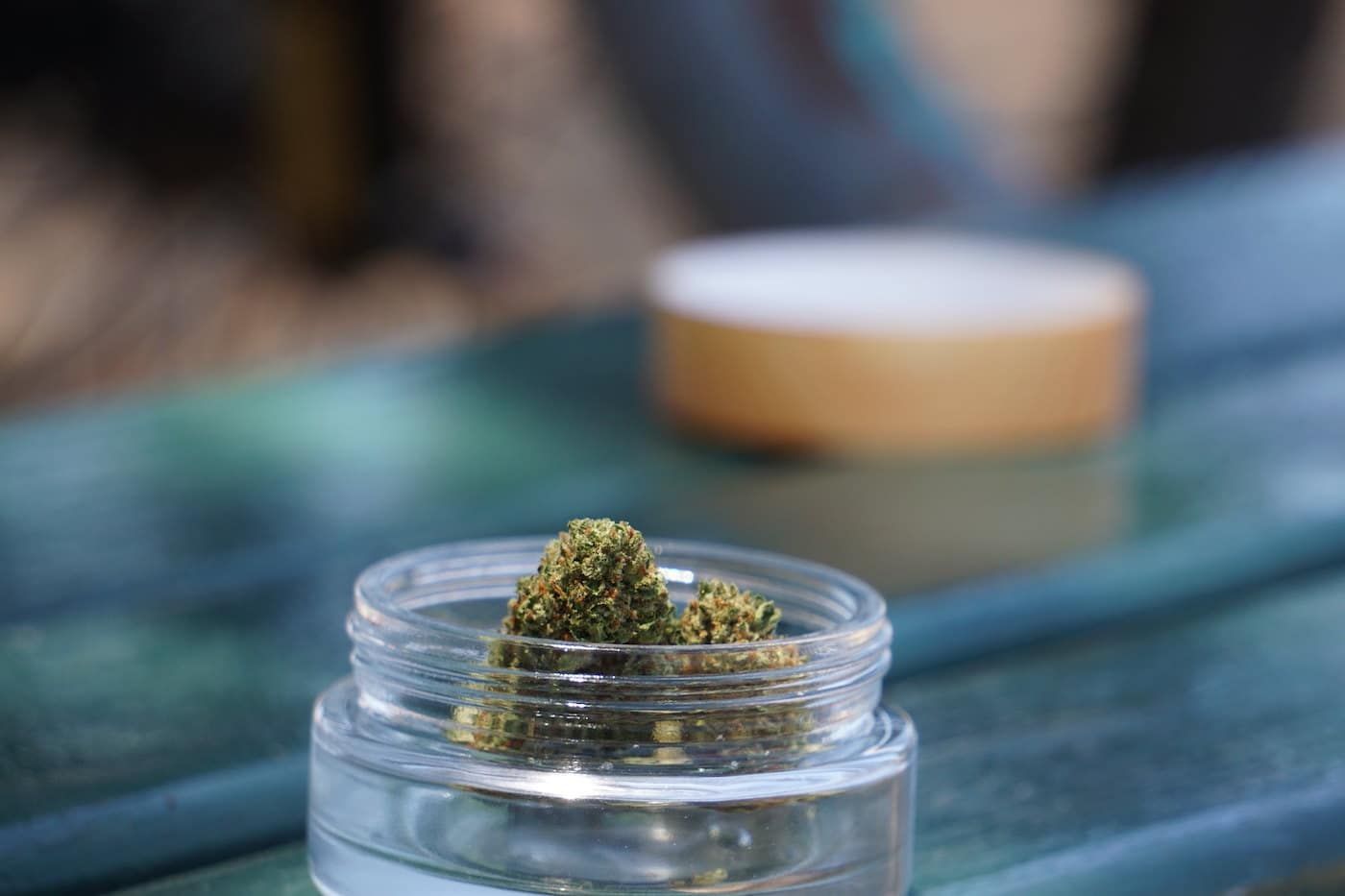Enabling and Shame
March 18, 2012 | Barry Lessin, M.Ed., CAADC
As a harm reduction psychologist, it’s always a pleasure to work with parents who have the instincts and skills to maintain good communication with their teenager as well as the courage (and energy!) to set appropriate and consistent boundaries and limits.
Sometimes, however, these skills can be a double-edged sword and work against us, especially when the emotional and behavioral instability of our child keeps pushing us out of our parental ‘driver’s seat’ and into the passenger seat—or even worse, the back seat.
Being in the family back seat contributes to the fear that develops when we start losing control of a child’s behavior. This fear often motivates us to become even firmer in our resolve to ensure our child’s safety while keeping ourselves sane along with the rest of our family.
Enabling as a Badge of Failure
Parents learn about the ‘evils’ of enabling when support groups and counselors, in the interest in creating healthier boundaries, encourage us to directly confront our kids and not back down to the often self-destructive manipulating that at-risk teens will engage in.
Unfortunately, enabling often becomes a badge of failure and shame that many parents wear when they repeatedly fail in their attempts to affect the course of their child’s addiction or mental health problems. The label of enabling can be stigmatizing, dumping embarrassment and humiliation on to our feelings of failure. We get enough of this stigmatizing from the public’s reaction to addiction. There’s no need to pile on more.
No Need to hit bottom
Many support groups encourage tough love approaches, but tough love isn’t for everyone. And not everyone has to ‘hit bottom’ in order to accept help. In fact, ‘raising the bottom’ often makes things a lot worse. Sometimes tough love is effective in assisting kids connect with the help they need, but because of the potential lethality of alcohol and other drug use, tough love can sometimes end with death.
Most people make positive changes in their substance use or enter treatment without hitting a bottom. We know without a doubt that human beings thrive in an atmosphere of compassion and empathy. We also know that we fail to thrive in environments of degradation and humiliation. I’ve found in my work that if there’s one ingredient that’s vital to the healing process, it’s hope. Dignity, respect, and support nurture hope. Shame buries it.
Trust Yourself
Parenting a substance-using child is challenging enough without feeling horrible about yourself as you struggle to ‘do the right thing’. There are no easy answers and each family’s situation is unique. You know your child best. Your instincts as a parent are a valuable guide. Trust what you know and feel to guide you in developing a flexible, compassionate approach to helping your child.
Enlist the aid of an addictions counselor who isn’t quick to label you an enabler, thereby making you feel worse and sap whatever hope you may have. Don’t’ be afraid to ask the counselor to explore with you what other options there are to help you and your loved one.




